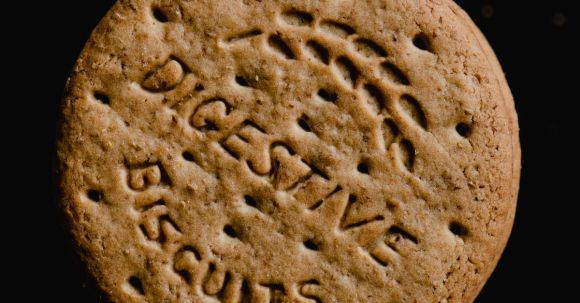The human digestive system is a complex and fascinating network of organs and processes that work together to break down food and extract nutrients for the body. From the moment we take a bite of food to the moment waste is eliminated, our digestive system plays a crucial role in our overall health and well-being. In this article, we will explore the intricacies of the human digestive system, from its various organs and their functions to the processes involved in digestion.
The Digestive Organs
The digestive system consists of several organs, each with its own unique function. These organs include the mouth, esophagus, stomach, small intestine, large intestine, liver, gallbladder, and pancreas. Let’s take a closer look at each of these organs and their roles in the digestive process.
The Mouth and Esophagus
The digestive process begins in the mouth, where food is broken down into smaller pieces through chewing and mixed with saliva. The saliva contains enzymes that help break down carbohydrates. Once the food is chewed and mixed with saliva, it travels down the esophagus, a muscular tube that connects the mouth to the stomach.
The Stomach
Once food reaches the stomach, it is further broken down by stomach acid and digestive enzymes. The stomach’s muscular walls contract and churn the food, mixing it with gastric juices. This process helps to break down proteins and kill any harmful bacteria that may be present in the food.
The Small Intestine
The small intestine is where most of the nutrient absorption takes place. It is a long, coiled tube that receives partially digested food from the stomach. The walls of the small intestine are lined with tiny finger-like projections called villi, which increase the surface area for nutrient absorption. Here, enzymes from the pancreas and bile from the liver and gallbladder further break down the food into smaller molecules that can be absorbed into the bloodstream.
The Large Intestine
After the small intestine, the remaining undigested food enters the large intestine. The main function of the large intestine is to absorb water and electrolytes from the waste material and to form and store feces. The large intestine also houses trillions of beneficial bacteria, known as gut flora, which play a vital role in digestion and overall health.
The Liver, Gallbladder, and Pancreas
The liver, gallbladder, and pancreas are accessory organs that aid in the digestive process. The liver produces bile, a substance that helps break down fats. The gallbladder stores and releases bile into the small intestine when needed. The pancreas produces enzymes that aid in the digestion of proteins, fats, and carbohydrates.
Digestion and Absorption
The process of digestion involves the breaking down of food into smaller molecules that can be absorbed into the bloodstream. Carbohydrates are broken down into simple sugars, proteins into amino acids, and fats into fatty acids and glycerol. These molecules are then absorbed through the walls of the small intestine and transported to the liver for further processing and distribution to the rest of the body.
Conclusion: The Importance of a Healthy Digestive System
A healthy digestive system is essential for overall health and well-being. It allows the body to break down and absorb nutrients from food, provides energy, and helps eliminate waste. However, various factors such as poor diet, stress, and certain medical conditions can disrupt the delicate balance of the digestive system. Taking care of our digestive system by eating a balanced diet, staying hydrated, managing stress, and seeking medical attention when needed can help ensure its proper functioning and contribute to our overall health and vitality. So let’s appreciate the intricacies of our digestive system and give it the care and attention it deserves.
